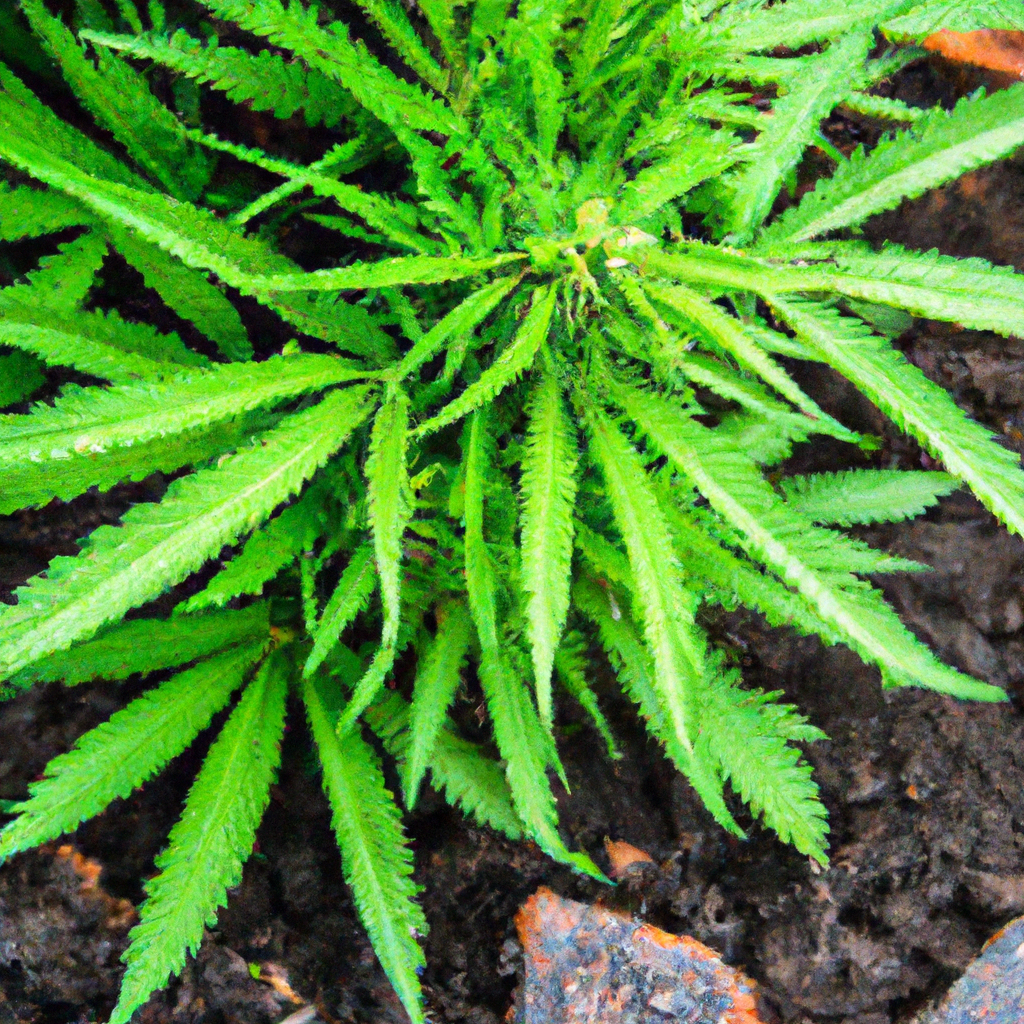Your cart is currently empty!
Organic cannabis cultivation offers not just healthier plants, but also a sustainable approach that benefits both the environment and consumers. By employing natural fertilizers, composting techniques, and organic pest control, growers can ensure a thriving ecosystem without the reliance on synthetic chemicals. This guide will explore best practices for organic cannabis cultivation, focusing on ecosystem building, sustainable practices, and the enormous benefits of going organic.
Building Healthy Soil Ecosystems
The foundation of successful organic cannabis cultivation lies in creating a rich, living soil ecosystem. Healthy soil supports robust plant growth and natural pest resistance. Here’s how to get started:
- Composting: Utilize kitchen scraps, yard waste, and other organic materials to create nutrient-rich compost. This not only enhances soil fertility but also reduces waste.
- Companion Planting: Introduce beneficial plants that support cannabis growth by attracting helpful insects and repelling harmful ones. Examples include marigolds for pest deterrence and clover to fix nitrogen in the soil.
- Soil Amendments: Regularly test the soil and amend it with organic materials like bone meal, kelp meal, or worm castings to maintain optimal nutrient levels.
Natural Fertilizers and Pest Control
Forgo synthetic fertilizers and pesticides by embracing natural alternatives. This practice not only supports plant health but also protects the surrounding environment.
- Organic Fertilizers: Utilize natural fertilizers such as fish emulsion, blood meal, and compost tea. These provide essential nutrients without the chemical residue.
- Beneficial Insects: Introduce ladybugs, lacewings, and predatory mites to control pest populations naturally.
- Neem Oil: As a natural pesticide, neem oil is effective against a range of common cannabis pests and is safe for the plants and environment.
Sustainable Practices in Cannabis Growing
Sustainability is at the core of organic cannabis cultivation, promoting eco-friendly methods that support the planet’s health and future cultivation endeavors.
- Water Conservation: Implement drip irrigation systems to minimize water use and prevent overwatering.
- Energy Efficiency: Use solar panels and energy-efficient grow lights to reduce the carbon footprint of indoor and greenhouse operations.
- Crop Rotation: Rotate cannabis with other crops to prevent soil depletion and manage pests and disease naturally.
Benefits of Organic Cannabis
Choosing organic cannabis cultivation provides numerous benefits for both the environment and consumers:
- Environmental Impact: Organic agriculture reduces pollution, conserves water, and improves soil health.
- Consumer Health: Consumers gain peace of mind by knowing their cannabis is free from harmful chemicals and grown using sustainable practices.
- Superior Quality: Organically grown cannabis often boasts richer flavors, aromas, and effects due to the natural cultivation methods.
Conclusion
Organic cannabis cultivation is more than a growing trend; it’s a responsible approach to gardening that aligns with both environmental sustainability and consumer health. By focusing on healthy soil ecosystems, employing natural fertilizers and pest control, and adopting sustainable practices, growers can cultivate cannabis that is not only better for the planet but also more potent and enjoyable for consumers.
Embrace the organic path and contribute to a greener world one plant at a time.
Tags: Organic, Sustainable Practices, Natural Fertilizers, Compost, Ecosystem Building
Discover more from Magic Clones
Subscribe to get the latest posts sent to your email.


Leave a Reply